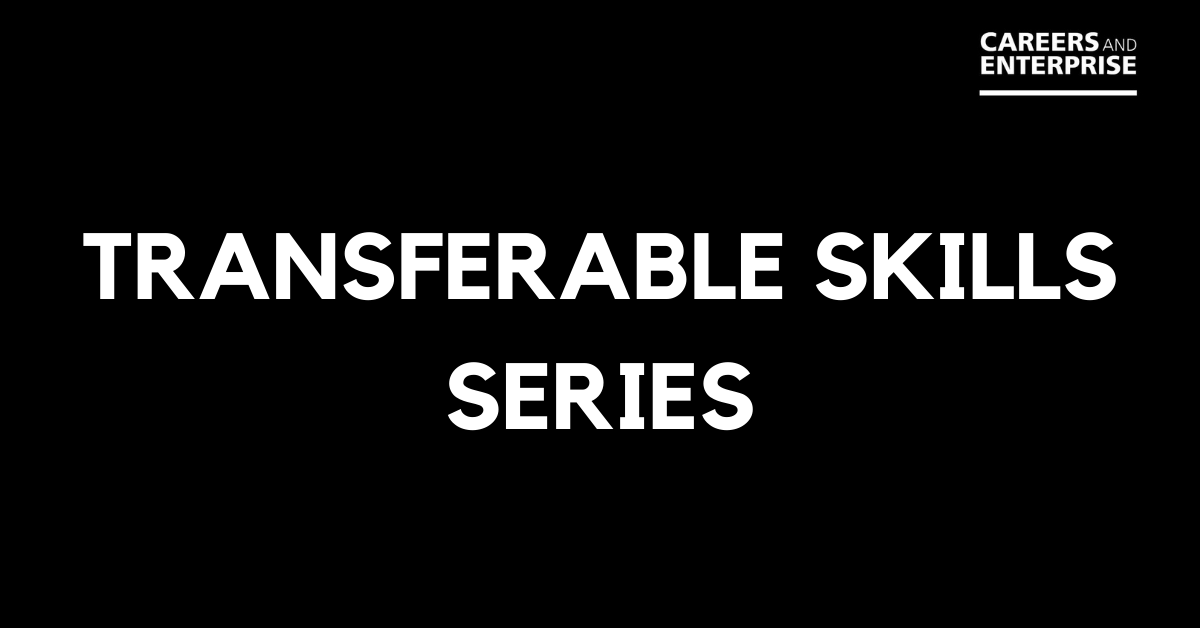Last week we discussed adaptability & flexibility and why these skills are highly sought-after by employers. This week, we’ll discuss how exactly you develop them.
How do you develop these skills?
To develop your adaptability you need to take three key steps.
- Reflect
To improve your adaptability you first of all have to grow your understanding of the skills you already have and your natural ability to adapt. This includes reflecting on:
- How you tend to react to change
- Your proficiency in the four skills mentioned above
Thinking back to instances in which you needed to be flexible or adaptable, whether that was in a previous role, as part of your studies or in a general life setting, can also help you to get some perspective on your skill level.
- Adjust your attitude
Being adaptable is first and foremost about having the right attitude. It’s one in which you look favourably upon change, rather than seeing it as a distraction or nuisance, and welcome it as an opportunity for learning and development.
- Develop your skillset
People who are curious and are continually learning and finding new ways to broaden their skillset are more adaptable, simply because they are more versatile in their abilities.
Having a well-rounded set of core workplace skills is key, so this might be:
- Having strong research skills coupled with the ability to analyse the information and additionally present that information to others
- Having a strong attention to detail and the ability to look at the big picture
- Being able to communicate with people from different backgrounds
- The ability to effectively solve problems.
It’s not about having a scattergun approach to learning new skills, but about:
- Your ability to recognise the skills you need the most
- Your ability to keep developing yourself and adapting to new circumstances
- Your drive to fill any gaps when you come across them.
Showing you can do it when it comes to job applications:
Just saying you’re adaptable or flexible on your CV won’t mean much to a hiring manager.
To really get your ability across, give examples of when you needed to adapt or be flexible in your experiences.
You could do this or may have done this through:
- Taking on new work experiences, volunteering, placements and internships
- Living, studying, working or travelling abroad
- Combining study with part-time work and personal commitments
- Successfully taking on new responsibilities in a previous role
- Working in a high-intensity role where you had to juggle different tasks and responsibilities.
In Summary:
- Being adaptable and flexible means you can quickly and effectively adapt to changing circumstances
- Adaptability depends on your cognitive flexibility, willingness to learn, resourcefulness and versatility
- Being adaptable can help you work more effectively and efficiently day-to-day, while also supporting your long-term career development as it pushes you to keep learning
- From an employer’s perspective, adaptable employees are more likely to succeed and can help drive innovation
- To develop your adaptability you need to reflect on how adaptable you already are, teach yourself to embrace change and keep developing your skillset to become more versatile in your abilities.
Want to find out more about jobs that suit your skills?
- Go on to the Careers & Enterprise Hub, and under ‘Resources’ click on ‘Labour Market Information’. There, you can ‘explore by skills’ – just click on at least 3 skills, and it’ll show you job roles that match!
- If you click on the job role, it’ll give you more information about average salary, what the role entails etc.
 Careers and Enterprise Blog
Careers and Enterprise Blog Andrew Lombart
Andrew Lombart 2627
2627


